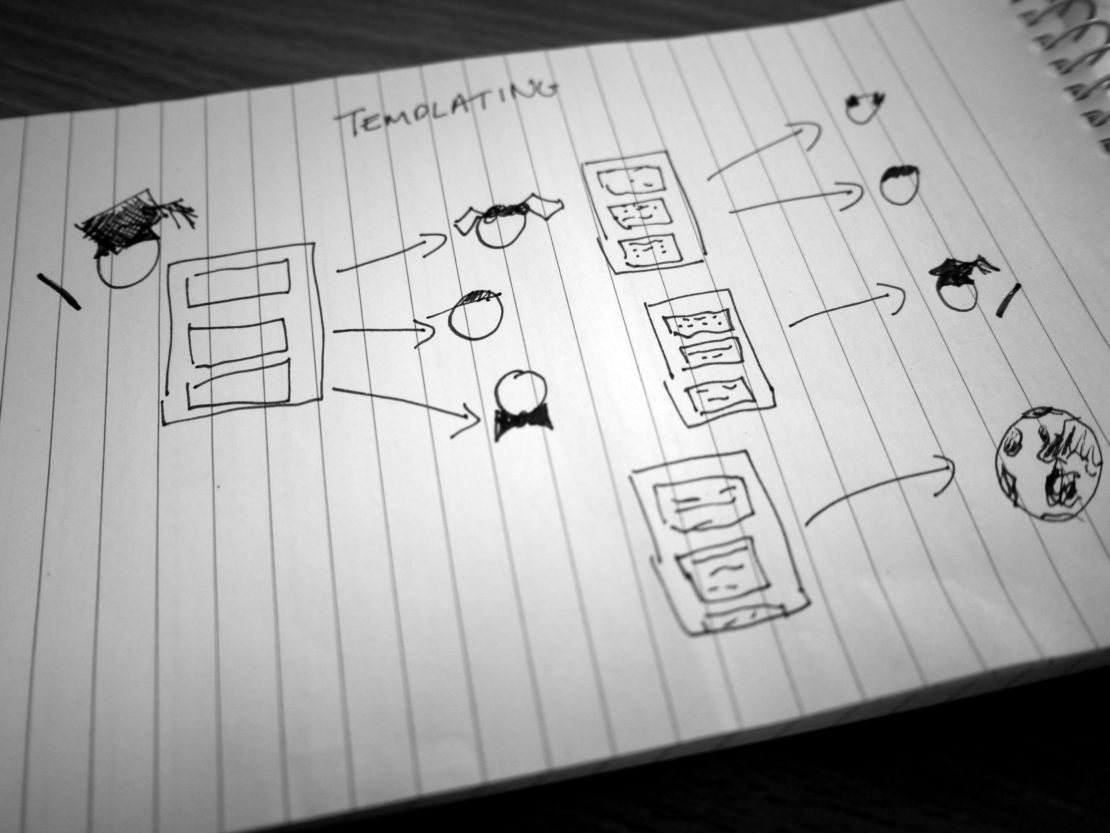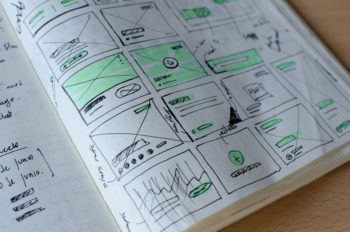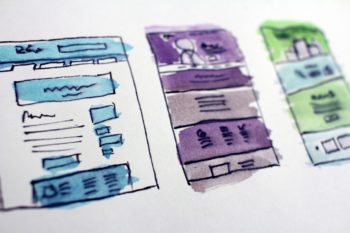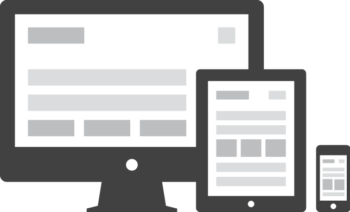User Experience to Societal Experience: this is how software matters

As ethicists and
engineers join together to discuss how to program self-driving
vehicles when those vehicles encounter life-threatening situations,
Silicon Valley tech businesses are building and selling applications and
various software tools for food distribution, social gaming, and a plethora of other purposes.
For the most part, this Silicon Valley software doesn’t
explicitly determine who lives or who dies like that of the self-driving vehicles might, however, software has the potential to, as so many startups seem to
want, to “change the world”. Certainly, every time a user has
an experience in a software application, their life is changed a bit, but as we hone our focus on innovative product development, we must think more about how the lives of many are affected by the systems we change with software. In order to contribute most positively to society at large, software
companies must move into the arena of Societal Experience in addition to User Experience.
We must begin not only asking what our goal is and how we are going to fulfill that for our users, but also what implications on society that goal will have.
In the past decade,
intentional user experience has become widely accepted as a
necessary component of good software. Great user experience experts know that UX is more than where you put a button; UX is about holistically understanding users and providing the right product for them. User researchers and experience professionals often ask questions like:
- What is the daily life like of your potential customer?
- Where are the
shortfalls in their day? - What are the functions that your product
could provide that will enhance their life experience? - How can our digital product development process genuinely and explicitly interrogate social impact?
Self-driving vehicles bring into focus serious social
conversations that must also occur in other areas of the technology industry and product development:
How are we affecting our social landscape
and our communities at large with our work?
Traditionally, exploring social landscapes and analyzing markets has been the responsibility of marketers and salespeople. In the age of the startup, however, all of us who participate in the development of a product are so closely related to the outcome of what we produce. Maintaining a divide between social experts and technical experts makes little sense in the agile environment: we must all consider the social impact of our work.
When we build software at Tivix, the every interaction the user has with the interface is important to us: we want the process to feel good, we want it to make sense, we want the experience to be satisfying. What matters more, to me as a software engineer on the project, is considering how access to loans for near-prime candidates is increased through that process. Addressing the Societal Experience is more than just the benefits to the users, however. Societal Experience is about holistically understanding the social needs and assessing the social impact of your product.
We must ask questions like:
- What social structures are in place that could change because of our product?
- Who will benefit most from our product?
- Who could suffer the most from the longterm and short-term outcomes of our product?
- How can we best support the development of an equitable world with our technology?
Each day we work with clients, we get to jump into new projects as software engineers, technical architects, and project managers. We are confronted with a new set of questions about the effects the projects we work on may have on societal. As a consultant shop, we are ready to consider the societal outcomes and implications of the products we build.
We are ready to consciously address the Societal Experience.



